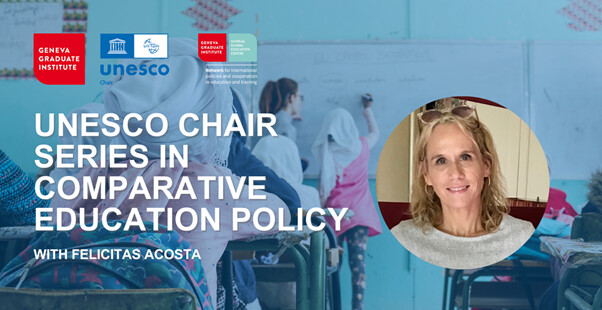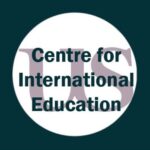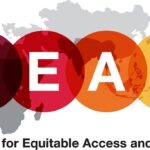
27 February, 15:30-17:00 GMT
Location: Maison de la Paix & Online (Zoom)
UNESCO Chair Series in Comparative Education Policy. Lecture with Felicitas Acosta
How are the terms Global North and Global South, educational systems, educational reforms, Latin America, and Sustainable Development Goal (SDG) 4 interconnected? These concepts have deep historical roots and have evolved significantly within comparative education policy studies, particularly regarding the transnational circulation of educational processes.
A central concern in this context is the presumed standardisation of educational reforms and policies, a theme that has gained increasing importance with globalisation. A clear example of this trend is SDG 4, which sets broad educational goals to ensure inclusive, equitable, and quality education for all by 2030.
Despite its universal aspirations, SDG 4 faces significant challenges in its realisation. Although these goals have guided the development of educational policies in numerous countries, many outcomes have not met expectations. This does not mean no progress has occurred, but rather that global objectives remain unmet in many countries. Several factors contribute to this gap, including insufficient funding, limited institutional capacity, and deep-rooted historical challenges—issues identified early in studies of educational expansion that are closely tied to the specific contexts in which education systems develop.
Given these complexities, we must critically examine the language used to frame global educational goals, as it often overlooks the unique characteristics of individual education systems. This issue is critical when considering the relationship between the Global North and Global South concepts, SDG 4, and educational systems with distinct traditions and histories. This presentation focuses on Latin America, a region historically shaped by the internationalisation of education. By exploring the region’s educational development and its alignment with SDG 4, this analysis aims to provide a more nuanced understanding of both the progress made and the ongoing challenges in expanding access to education.
Global South is widely used in social sciences and development studies to refer to countries historically marginalised by colonial and neoliberal systems, particularly in Africa, Asia, and Latin America. However, critics argue that the term oversimplifies the diversity within these regions. It can obscure the historical, cultural, and social contexts shaping educational challenges. For example, while the Global South label is often used to discuss educational struggles in Latin America, it can mask the region’s unique colonial legacies and socio-political dynamics, which differ from those in Africa or Asia. Therefore, applying a blanket term like Global South to diverse regions can hinder a deeper understanding of educational realities.
The case of SDG 4 illustrates how global policies, while broadly relevant, may fail when applied uniformly across diverse regions. SDG 4 promotes inclusive, equitable, and quality education for all, emphasising lifelong learning opportunities. However, policies derived from these goals often neglect regional specificities, leading to limited impact. In Latin America, educational challenges go beyond simply increasing access to schooling; they involve addressing issues like curriculum modernisation, teacher training, and historical inequities. Moreover, while state institutions are often seen as key drivers of reform, scholars argue that civil society and academia also play vital roles in fostering change. Some advocate for incremental improvements to the existing system, while others call for more radical alternatives, such as emancipatory education models that challenge neoliberal frameworks. These diverse perspectives reflect Latin America’s complex relationship with global power structures and its ongoing struggle to implement reforms that meet local needs and respect regional histories.
As comparative education studies have evolved, scholars have increasingly called for approaches that account for each education system’s historical, cultural, and social particularities. Suppose the goal is to strengthen educational systems that are inclusive, equitable, culturally relevant, and historically informed. In that case, it is crucial to focus on the interactions between transnational discourses—such as the goals of SDG 4—the policies that states, in collaboration with other actors, derive from these goals and the educational systems’ internal dynamics. Understanding these interactions requires explicit attention to the role of institutional dynamics and historical matrices of educational models. These factors serve not only to filter but also to hinder or re-orient policies, revealing their variations and limitations.





